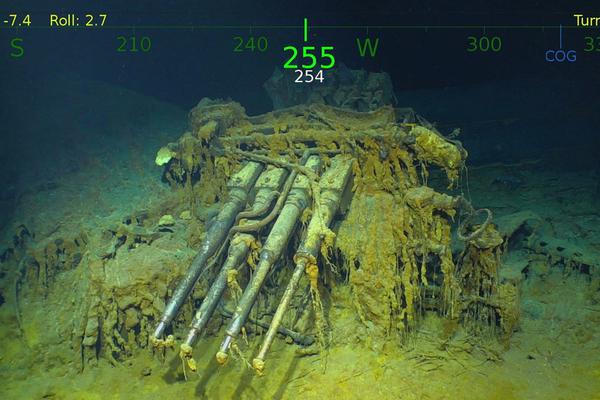
DigiPlus stock-APP, download it now, new users will receive a novice gift pack.
Hearthstone arena deck Builder
author: 2025-01-05 10:17App to watch Champions League live free
author: 2025-01-05 08:26 Champions League
Champions League
789.19MB
Check Casino free 100 no deposit
Casino free 100 no deposit
199.15MB
Check UEFA Champions League
UEFA Champions League
461.46MB
Check Hearthstone arena deck Builder
Hearthstone arena deck Builder
515.56MB
Check UEFA TV
UEFA TV
193.46MB
Check DigiPlus stock
DigiPlus stock
245.87MB
Check Hearthstone Arena Tier List
Hearthstone Arena Tier List
431.57MB
Check PAGCOR online casino free 100
PAGCOR online casino free 100
696.76MB
Check Bingo Plus
Bingo Plus
847.98MB
Check DigiPlus stock
DigiPlus stock
385.91MB
Check UEFA Champions League
UEFA Champions League
866.16MB
Check Casino Plus free 100
Casino Plus free 100
575.79MB
Check Free sports events uefa champions league app android
Free sports events uefa champions league app android
224.83MB
Check Champions League
Champions League
865.58MB
Check DigiPlus stock
DigiPlus stock
486.76MB
Check UEFA TV
UEFA TV
825.89MB
Check DigiPlus Philippine
DigiPlus Philippine
531.42MB
Check Walletinvestor digi plus
Walletinvestor digi plus
514.69MB
Check UEFA Champions League live
UEFA Champions League live
279.75MB
Check DigiPlus Philippine
DigiPlus Philippine
672.11MB
Check Arena Plus login
Arena Plus login
995.62MB
Check Free sports events uefa champions league app android
Free sports events uefa champions league app android
413.73MB
Check App to watch Champions League live free
App to watch Champions League live free
142.27MB
Check UEFA European championship
UEFA European championship
986.67MB
Check PAGCOR online casino free 100
PAGCOR online casino free 100
242.54MB
Check Bingo Plus stock
Bingo Plus stock
236.36MB
Check bingo plus update today Philippines
bingo plus update today Philippines
786.47MB
Check DigiPlus
DigiPlus
636.32MB
Check UEFA Champions League live streaming free
UEFA Champions League live streaming free
717.32MB
Check European Cup live
European Cup live
239.78MB
Check Hearthstone Arena class tier list 2024
Hearthstone Arena class tier list 2024
316.35MB
Check Casino Plus free 100
Casino Plus free 100
541.36MB
Check Bingo Plus
Bingo Plus
267.47MB
Check 100 free bonus casino no deposit GCash
100 free bonus casino no deposit GCash
836.45MB
Check Hearthstone Arena Tier List
Hearthstone Arena Tier List
848.88MB
Check Hearthstone Arena class tier list 2024
Hearthstone Arena class tier list 2024
619.41MB
Check
Scan to install
DigiPlus stock to discover more
Netizen comments More
2409 Casino free 100 no deposit
2025-01-05 10:19 recommend
1786 UEFA Champions League live
2025-01-05 10:19 recommend
1181 Casino Plus GCash login
2025-01-05 10:14 recommend
1376 Casino Plus login register
2025-01-05 09:34 recommend
1344 Casino Plus app
2025-01-05 09:34 recommend